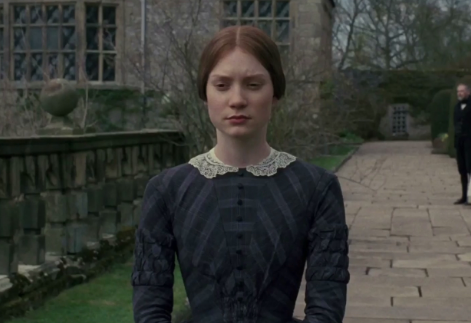In the realm of classic literature, “Jane Eyre” by Charlotte Brontë stands out as a profound critique of the patriarchal society of the 19th century. Jane’s journey from a mistreated orphan to an independent woman challenges traditional gender roles and asserts the importance of self-respect and autonomy. Understanding how Jane Eyre confronts patriarchal authority not only enriches our appreciation of the novel but also offers relevant insights into contemporary discussions on gender equality.
Understanding Patriarchal Structures
In “Jane Eyre,” the oppressive systems of patriarchy are depicted primarily through the characters of Mr. Rochester and St. John Rivers. Mr. Rochester initially represents the authority figure that Jane must navigate around. He embodies the traditional masculine dominance, exerting control over not just Jane’s life but also over the lives of other women, like Bertha Mason. Despite this, Jane resists his attempts to subjugate her, as she values her own integrity and moral compass more than societal expectations. This dynamic highlights the rigid structures in which women were often trapped, demonstrating that true empowerment comes from challenging these norms.
The Quest for Independence
As an orphan with no societal privileges, Jane’s quest for independence is central to the narrative. Throughout her life, she seeks not just emotional fulfillment but also financial and social autonomy. When she inherits a fortune, it symbolizes her break from patriarchal dependency, allowing her to live life on her own terms. This transformation illustrates Brontë’s belief in the importance of personal agency and self-sufficiency. Jane’s evolution from a dependent governess to an autonomous heir encourages readers to reconsider the ways in which women can assert their independence in male-dominated environments.
Emotional Integrity and Equality
Jane Eyre exemplifies emotional integrity, where her desires for love and companionship do not compromise her self-worth. When she must confront Rochester’s first marriage to Bertha, Jane prioritizes her moral beliefs over romantic aspirations. By asserting that love cannot exist without equality, she challenges the notion that women should accept subordinate roles in relationships. Brontë makes it clear that for a relationship to be healthy, both partners must be treated with respect and love, thereby advocating for an equal partnership—an idea that resonates powerfully in today’s discussions about relationships.
In conclusion, “Jane Eyre” serves as a timeless critique of the patriarchal structures that many continue to face. By exploring themes of independence, emotional integrity, and the courage to confront authority, Brontë’s novel offers valuable lessons applicable across generations. For those intrigued by powerful narratives of women’s empowerment, diving deeper into Jane’s journey could inspire new thoughts on personal autonomy and equality in our modern society.
